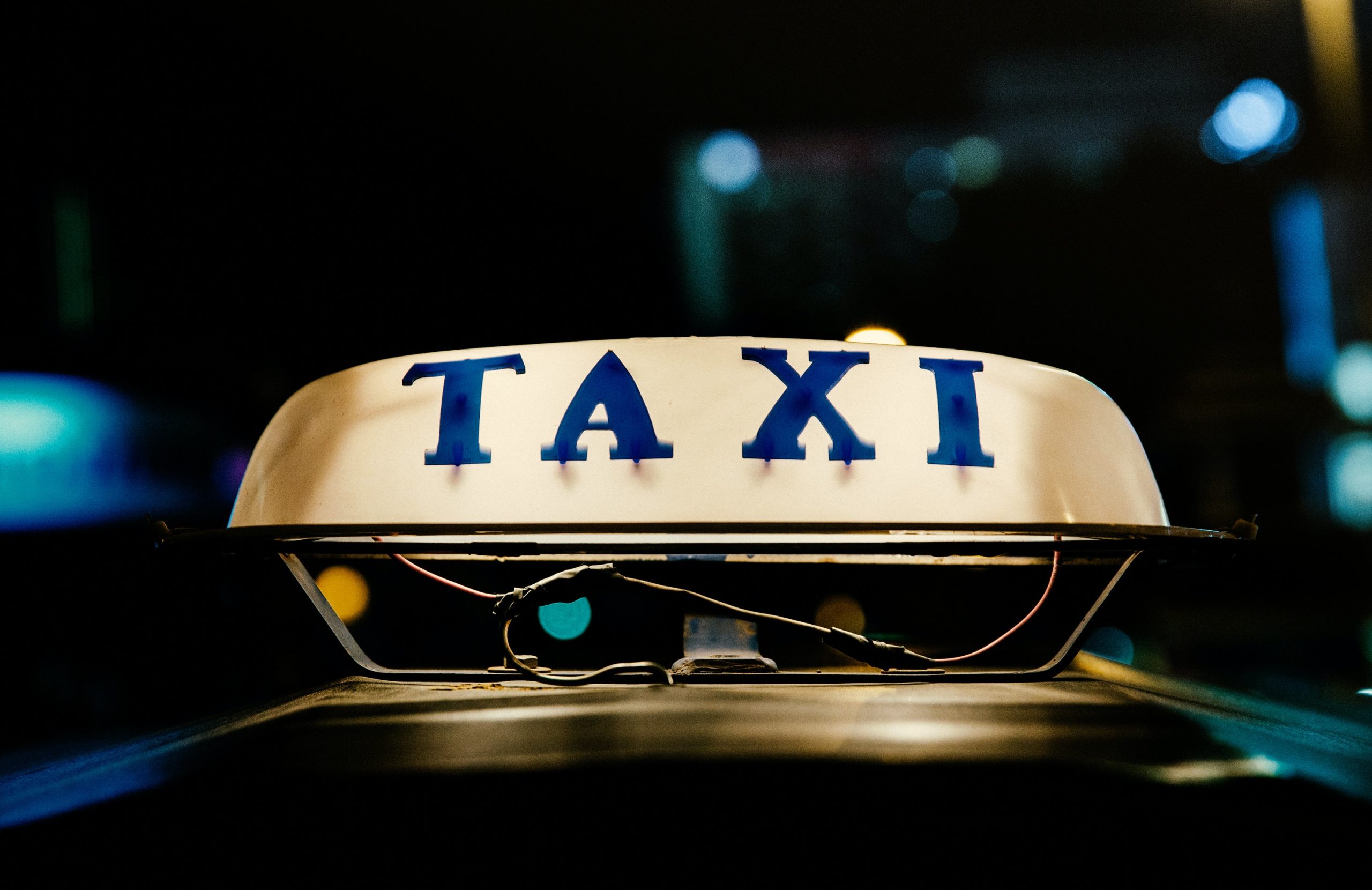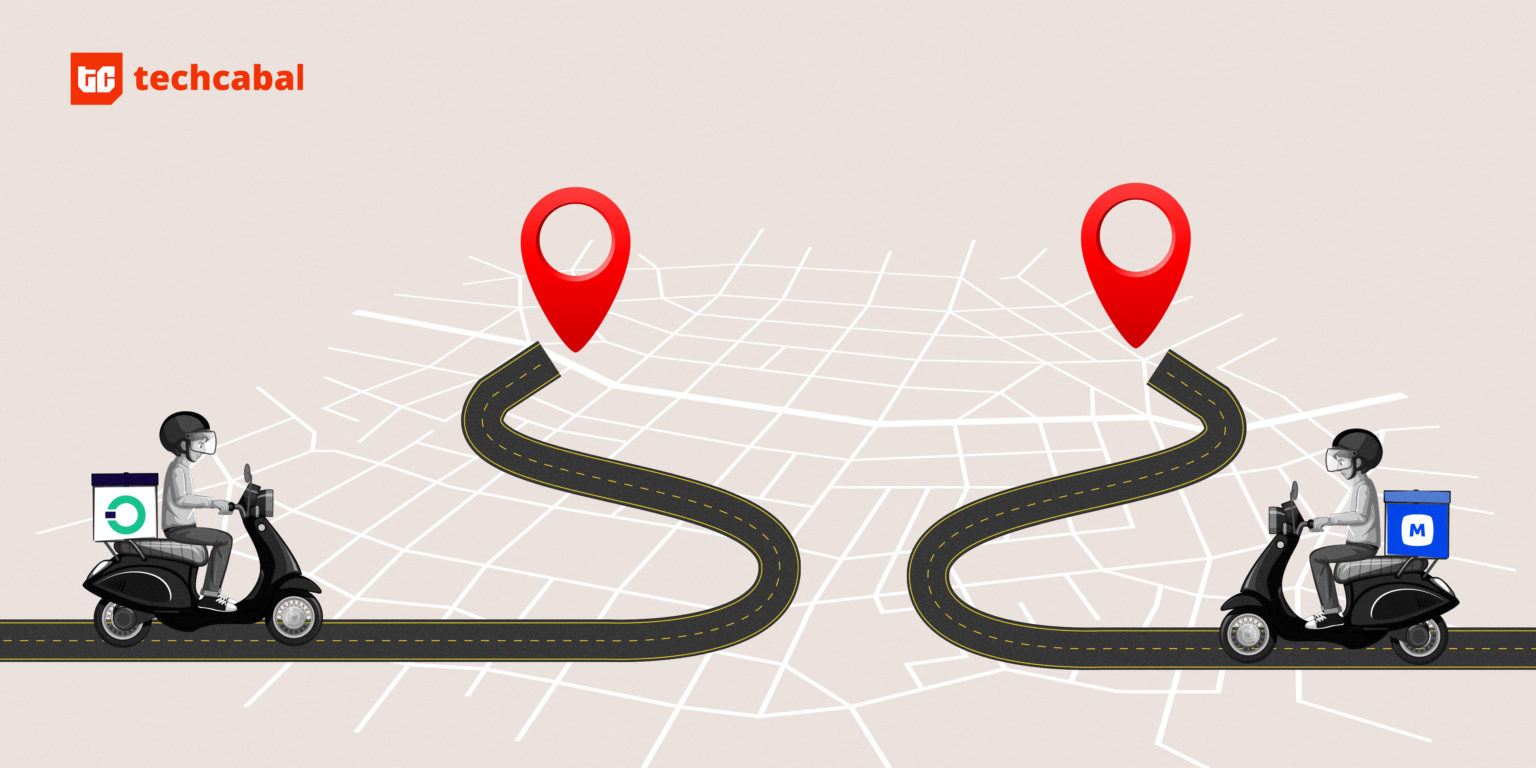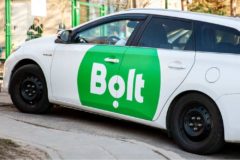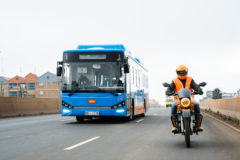In Nigeria, drivers of ride-hailing services are contesting Bolt’s newly reviewed prices. While the Union wants a N2,000 base fare, Bolt stands firm on N800 ceiling
Last Friday, Bolt reviewed its pricing in Nigeria in response to increased operating costs. However, drivers and ride-hailing unions are dissatisfied with these new prices as they say it still does not cover their costs due to the recent hike in fuel prices. Per a report from Punch, the Amalgamated Union of App-Based Transport Workers of Nigeria asked ride-hailing companies like Bolt to increase fares it by at least 200% and establish a minimum fare of ₦2000 ($4.30). Bolt said ₦800 is the new minimum fare for a trip, up from the previous ₦650.
Comrade Idris Shonuga, a National trustee of the AUATWON, told Techcabal, “A driver needs an average of 30-35 litres of petrol daily, which costs about N5000-N6000 before the subsidy removal. But now, 30-35 litres of fuel is worth up to N16,000 – N17000. That’s an additional 10,000 naira for fuelling daily to run the service. So on this account, it is important for the price to be reviewed.” Petrol is one of the essential materials we use to run our business, and since the price has gone up by 270, it is imperative that the price of the service we render has to increase,” he said.
Shonuga says the union will “resist” and stop working if Bolt, Uber and other ride-hailing companies refuse to review their prices to meet the AUATWON demands. “We can resist them if they do not increase the price. We have to sell what we buy; If we are buying fuel for N6000 before and we now buy it for 15,000, the prices of the service we offer have to be adjusted by the percentage increment,” he told TechCabal.
Celestine Finbar, a Bolt driver, agrees. According to him, the price increase by Bolt does not suffice given the new fuel prices. “Our calculation was that, if the previous price for a trip was ₦2,400 at ₦184 per litre, then if the pump price of fuel is 500/L and then you remove ₦500 from ₦184, you get ₦270, then it will be 270 times the old price. So that should be the increment,” he said. “I have not gone out in like four days, and you know what it means if other drivers do the same. If a driver was remitting like 5k and we have other drivers remitting the same amount per day, Do you know how much Bolt will lose?”
Bolt’s balancing act
While drivers and the ride-hailing union seek reviewed prices, Bolt understands the need for balance. “We understand that the rising fuel prices impose additional financial pressure on drivers who rely on the Bolt app for their income. While we empathise with the economic hardships faced by passengers and drivers, we strive to consider the well-being of both parties. Bolt has taken the considerations of drivers and customers when it comes to pricing,” Yahaya Mohammed, Country Manager, told TechCabal in an email.
Bolt is wary of decreased patronage if fare prices are too high, but the ride-hailing company is open review the situation further in the best interest of both passengers and drivers. “Taking into account the issue of demand and supply, we understand that excessively high prices may not only discourage passengers but also affect the availability of drivers on our platform, as well as negatively impact their earnings. Therefore, our revised fares aim to strike a balance that prioritises the welfare of our passengers and drivers,” the statement read. “Bolt is committed to analysing and conducting extensive reviews to ensure that we continue to provide the best earnings for drivers on our platform and remain the most affordable and preferred platform for customers.”
This is a position Uber agrees with. “Uber takes into consideration the economic climate in rolling out any price reviews. We believe this fare increase will have a positive impact on driver earnings while maintaining an affordable service for riders. Where price options are made too high, there could be a risk of fewer or no requests from riders – meaning fewer or no earning opportunities for drivers,” Uber said an emailed response to TechCabal.
“We recognise the pressures drivers are under, including the increasing cost of living. It’s important to understand that fares do fluctuate as a normal part of any business based on various factors such as seasonality and the macroeconomic environment,” the statement concluded.
*Editor’s note: This article has been edited to reflect that Bolt’s position is about balance, and not insisting on pricing.






















